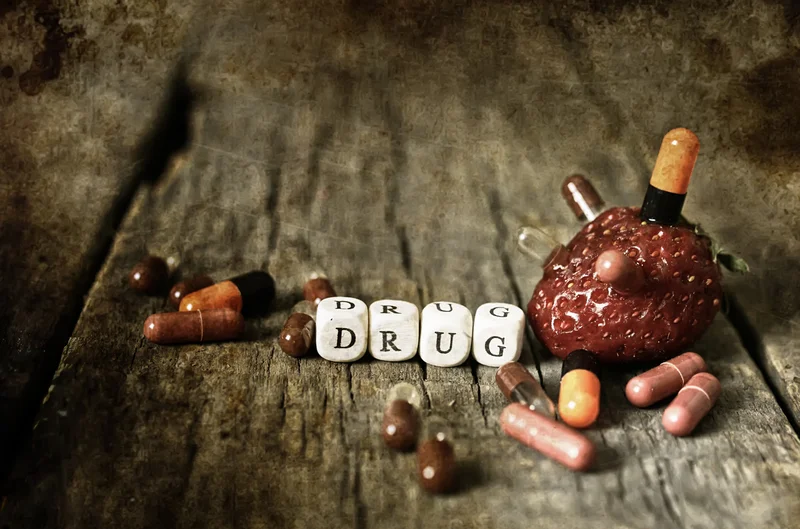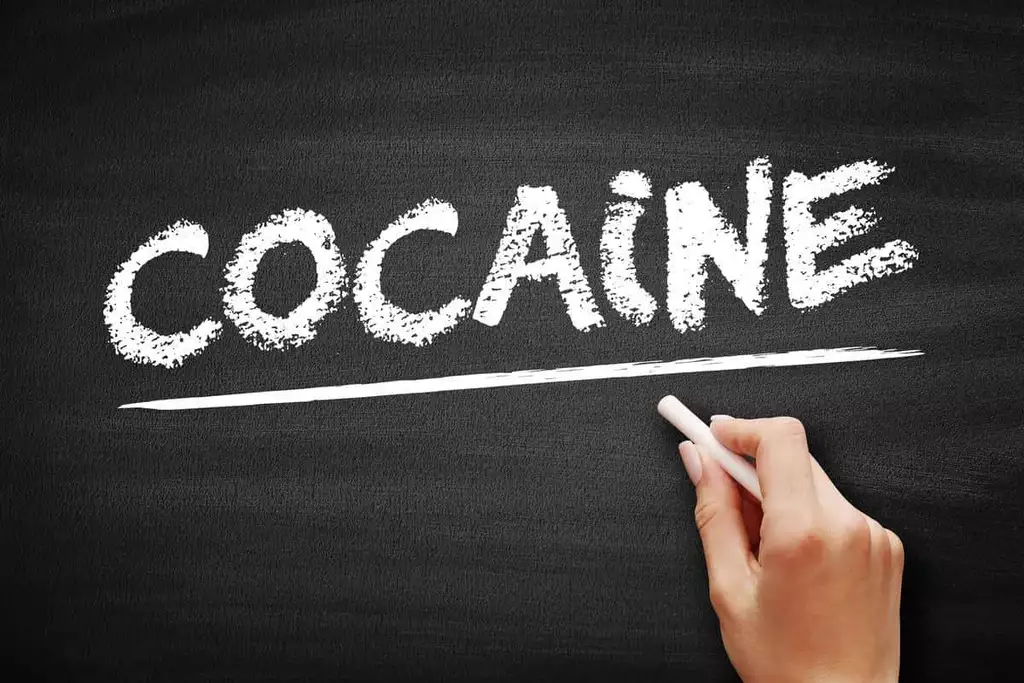
Compared to those without them, people with anxiety disorders—mental health conditions that cause frequent worry and panic—have lower levels of zinc, iron, and selenium. Just as alcohol consumption causes a wide range of effects on the body and mind, so does the period of withdrawal. These effects contribute to day-after dread, even if you don’t have an anxiety disorder diagnosis. How long this anxiety (and other hangover symptoms) lasts depends on factors like how much you’ve consumed, your assigned sex at birth, and your weight.
Choose inpatient or outpatient care.
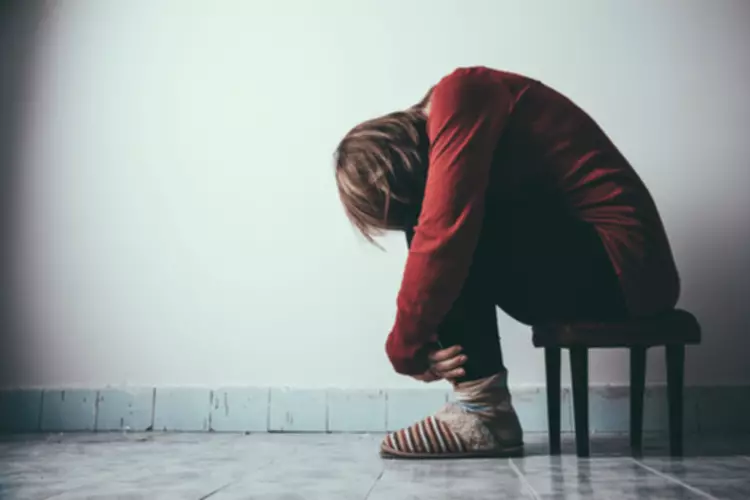
It is common in those does alcohol cause anxiety who participated in binge drinking and experienced a blackout as memories are hazy or nonexistent. Hangxiety typically is accompanied by other hangover symptoms such as headaches, nausea, and fatigue. Feelings of anxiety typically subside with proper hydration and rest, as well as talking with a friend to help with memory.
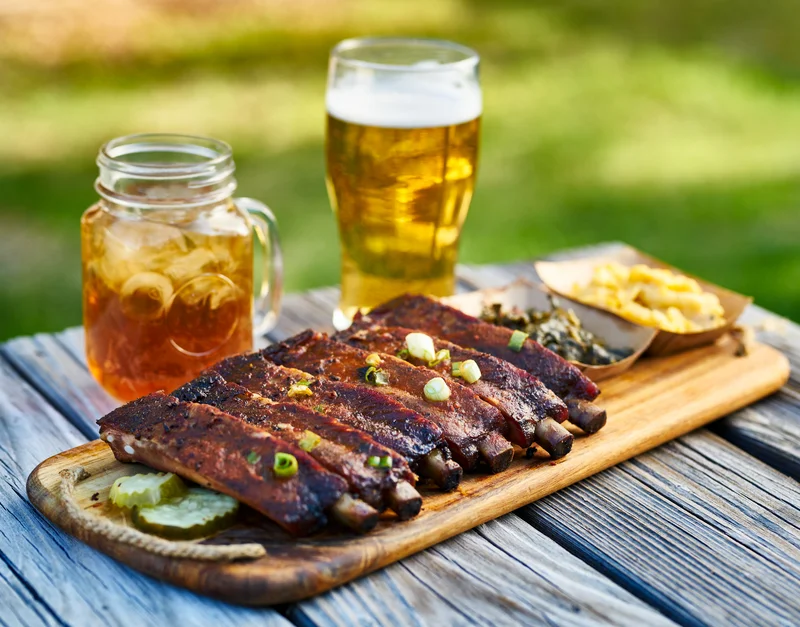
Should You Quit Drinking If You Have an Anxiety Disorder?
While there is no way to stop a panic attack while happening, proper hydration and a nutritious meal can help reduce anxiety while hungover. Getting plenty of rest can also help prevent a panic attack from beginning. Sober living house Generalized anxiety disorder – while anxiety is natural, those with generalized anxiety disorder experience excessive worry or fear for longer than 6 months. CBT for panic attacks combines relaxation techniques with breathing training.
- Most patients notice a reduction in anxiety within 2 to 4 weeks, with continued improvement over time.
- Alcohol is a drug like any other, and anything that affects your body like alcohol does has the potential to contribute a great deal to your panic attacks and anxiety more generally.
- Some individuals experience full-blown panic attacks after drinking, even if they have never had a history of panic disorder.
- Many of us picture those videos of intoxicated men riding lawn mowers across a frozen pond in just shorts.
- Sign up for free and stay up to date on research advancements, mental health tips, mental health in the news, and expertise on managing mental health.
Alcohol and Panic Attacks: How Drinking Causes Anxiety – In Sayre, PA
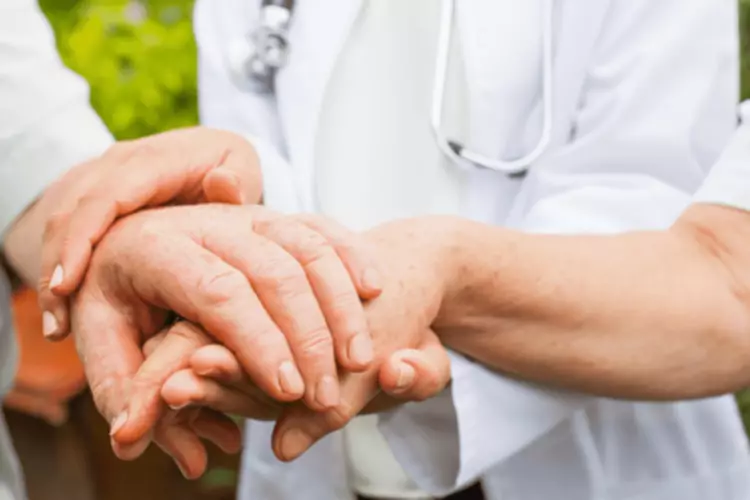
Many of us picture those videos of intoxicated men riding lawn mowers across a frozen pond in just shorts. If you have past trauma or an anxiety disorder and drink alcohol, increased feelings of panic can result. Alcohol-induced panic attacks feel similar to regular panic attacks, but paired with lower inhibitions, the attack can feel more severe. It will be harder to form rational thoughts, which will also increase how long the panic attack lasts. If ever thoughts of self-harm or suicide occur during an alcohol-induced panic attack, seek medical attention immediately.
- It affects brain chemistry, particularly GABA, a neurotransmitter that normally has a calming effect.
- These feelings can naturally increase overall feelings of anxiety in daily life.

Your body, however, is always looking to establish equilibrium, or balance. A heavy influx of alcohol can lead to your body blocking its own GABA receptors in an attempt to re-establish this equilibrium. With fewer GABA receptors available, your body can naturally absorb less GABA, which inhibits your ability to naturally calm down and can lead to panic attacks. It does so by binding to GABA receptors in the brain—which helps your body to relax and your mind to feel calm. Alcohol is believed to mimic this effect by also binding to GABA receptors.
